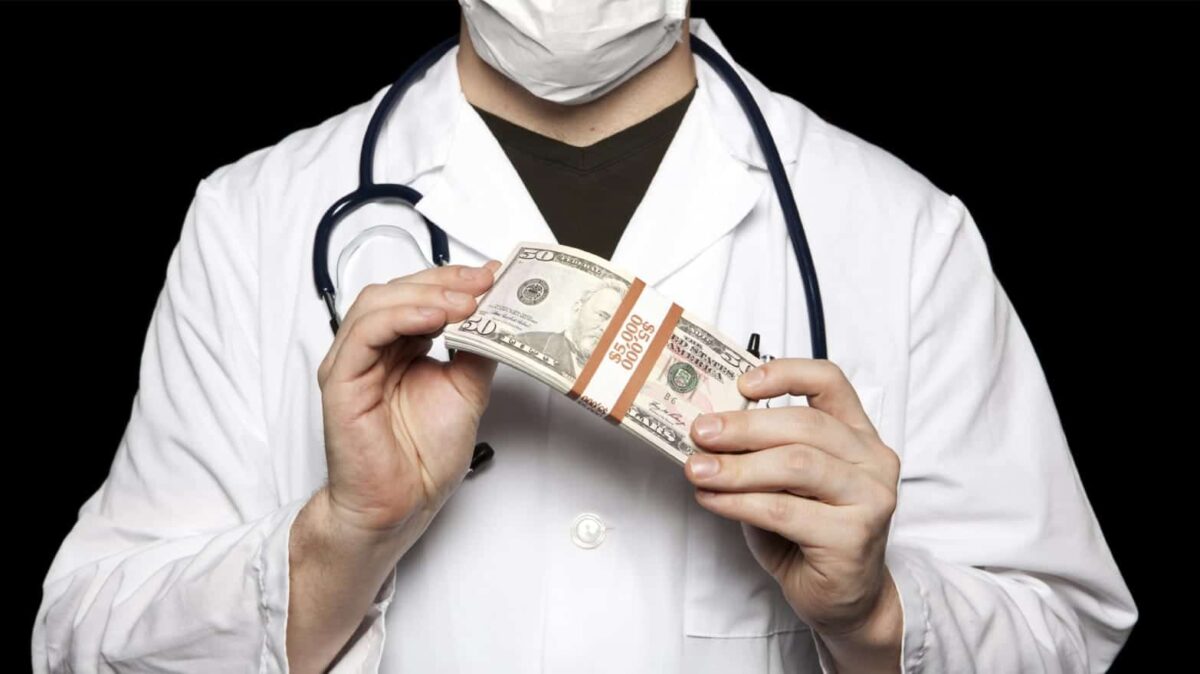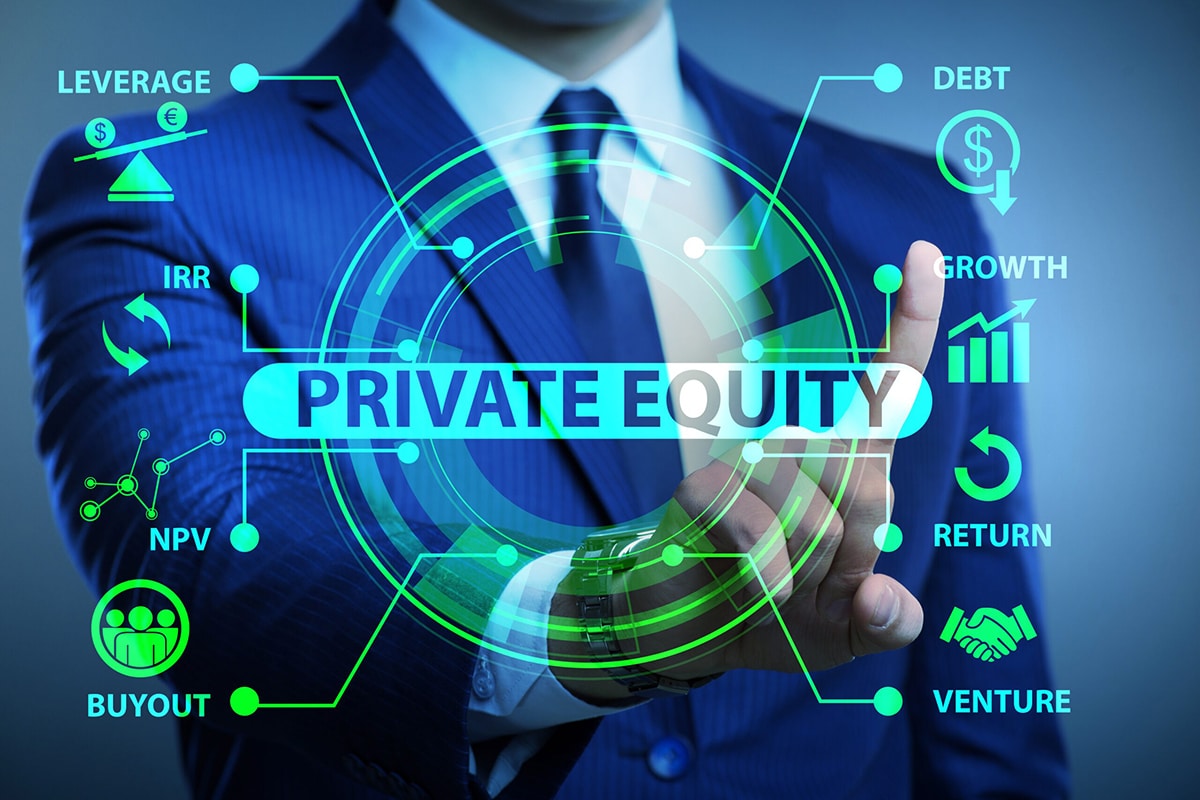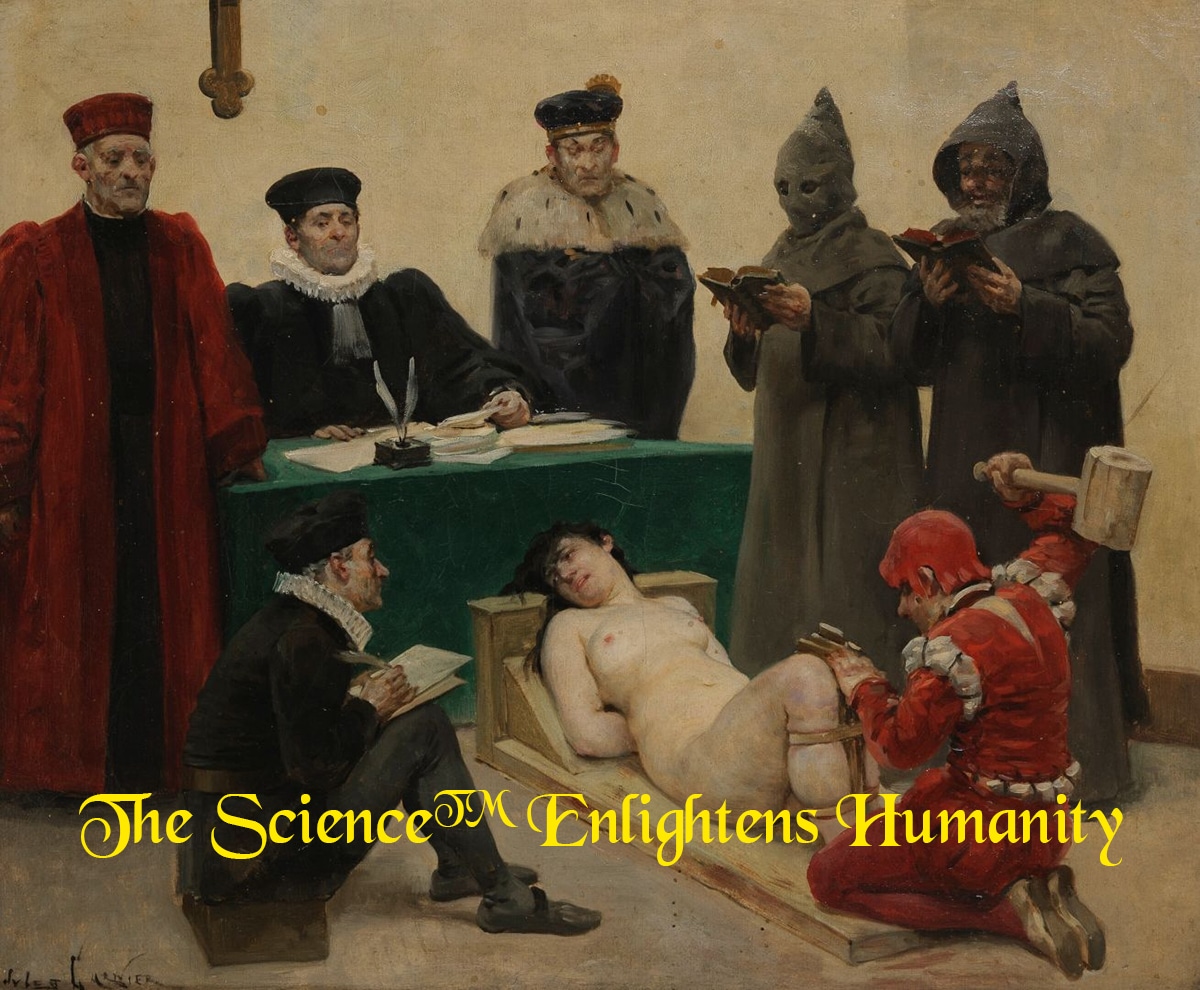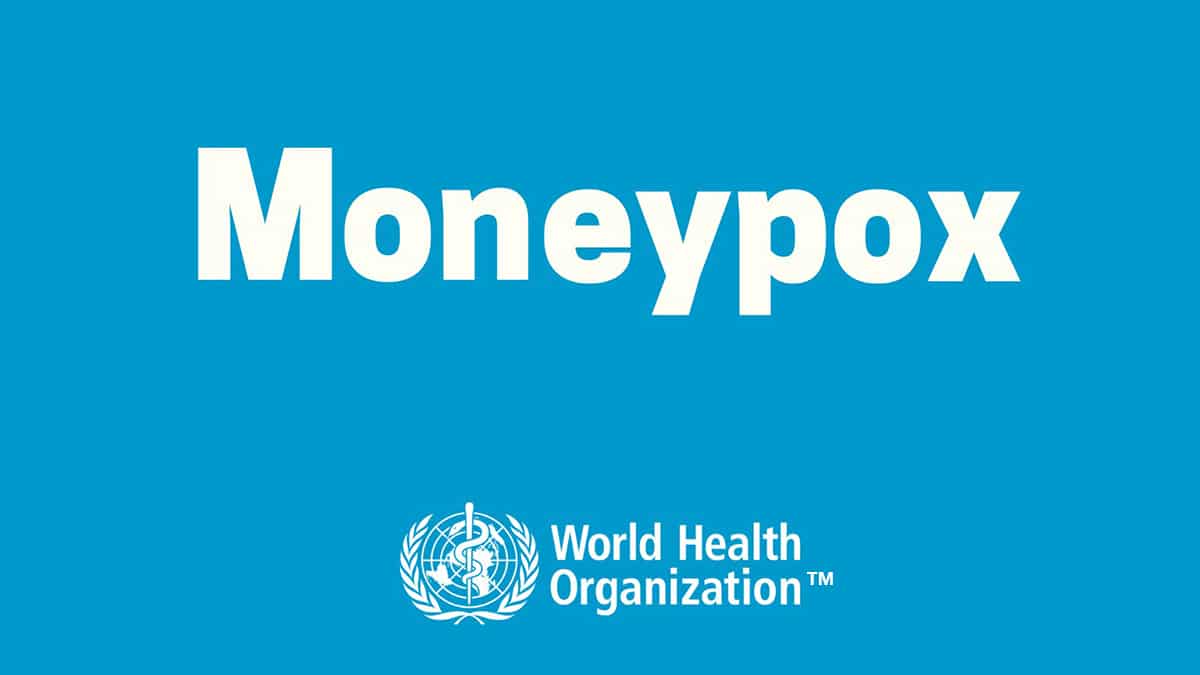

Doctors take money from pharmaceutical firms so they die with a slightly bigger number in the bank
by Vinay Prasad May 26, 2024
Imagine if your car mechanic took $10,000 a year from Michelin tires for “consulting” and then tended to recommend their tires over Pirelli — even if the latter are on sale or better quality or both.
Imagine if your Governor took campaign contributions from Panera bread and then strangely exempted Panera bread from the new minimum wage law.
Imagine if your cancer doctor took money from Karyopharm and then prescribed the toxic poison selenexor (studied in the unethical trial Boston) over safer and cheaper alternatives.
To my knowledge, the first example didn’t happen. The second example is why people think Politicians are sleazy, and the last example is the norm in medicine.
Each year, cancer doctors — particularly academic doctors — take tens of millions in pharma payments while simultaneously writing guidelines that mandate the use of these drugs, and simultaneously prescribing them to desperate sick patients who want an objective opinion, but get a biased one instead.
85% of National Comprehensive Cancer Network guidelines writers take pharma payments, and the professional organizations are awash in Pharma cash. ASCO — our annual meeting — is less about the objective appraisal of science and more a marketing conference for Pharma.
I don’t want to rehash the data showing taking money from Pharma is associated with greater, inappropriate, off label prescribing, hype, spin and editorials favorable to the sponsor. There is a long literature there, and I have written about it extensively. Here, I want to address three things doctors who take personal payments say in rebuttal.
I have to take money to run trials.
The problem with this argument is that Pharma makes two different types of payments. Research payments go to universities and fund trials, and personal payments go into the doctor’s pocket. You don’t have to take personal payments to get research payments. Vincent Rajkumar, Mayo, runs trials but doesn’t take personal payments.
I am underpaid as an academic, so need the money
This one fascinates me the most. Approximately ~100% of academic oncologists eat well every night, don’t lose their homes, send their kids to college, and die with millions in the bank. Taking a lifetime of pharma payments changes the number they die with from, say, 11 million to 14.5 million, or 6 to 7.5.
Is that worth it?
Why sacrifice your integrity so that your kids fight about a marginal difference in inheritance. Also: giving kids a lot of money when you die isn’t good for them. See literature on this.
Everyone has conflicts, pharma payments are just one.
This argument is baffling. It would be like saying there are many carcinogens, tobacco smoke is just one. Sure, but it is a big fucking one, and easily modifiable. Moreover, the data is strongest for financial conflicts — just like the data is stronger for tobacco than alcohol. But just because others drink, doesn’t mean you should keep smoking.
Greed
As, I enter my tenth year on faculty in oncology, and near 20 years in medicine, I have come to believe that naked greed is a driving factor here. People feel satisfied knowing they are making more than their peers — even as they die without spending it all. Oncologists often love to scoop up free swag at conferences even though these largely sit unused in their homes, and who the hell really needs another notepad?
Dying with a slightly different number in the bank is just greed— pure and simple. And, if you really think your consulting is so valuable — PS it isn’t, you aren’t saying anything the company doesn’t already know — then why not do it for free? And if you won’t — what does that say about how valuable it is to society.
Oncology at the end of the twentieth century and early 21st century runs unethical trials with inappropriate control arms, poor post protocol care, bad crossover, and many other games, which makes companies rich and people poor. Cancer doctors take payments for these companies and go along with this narrative. The system is so rotten and corrupt and pervasive we can’t even recognize it as such.
History will view these are dark days. Where marginal drugs were given to dying people, government taxing poor people to pay for it, and doctors captured by companies to push these products, and everyone patting themselves on the back and the US bankrupts itself with inappropriate, harmful, useless care.





0 Comments